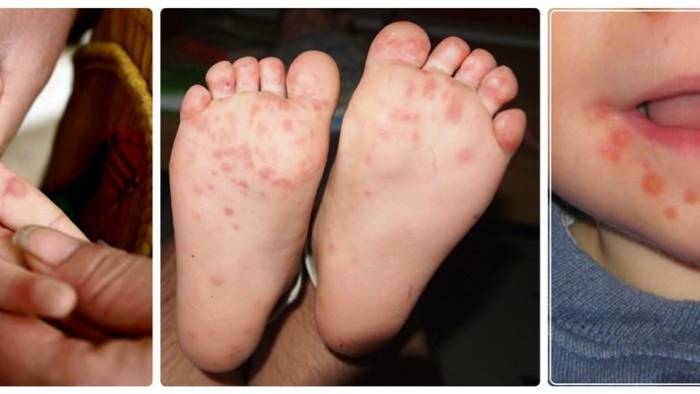The Ministry of Health said Tuesday that there has been an increase, recently, in the number of cases of hand, foot and mouth disease (HFMD) in St. Vincent and the Grenadines, but did not disclose any figures.
Neeka Anderson-Isaacs, communication officer in the Ministry of Health, said that in light of this development, the ministry is advising residents of the country, particularly school administrators and parents, to be cautious in how they deal with the cases to minimise a further outbreak.
The World Health Organization (WHO) says HFMD is a common infectious disease of infants and children. It is characterised by fever, painful sores in the mouth, and a rash with blisters on hands, feet and also buttocks.
WHO, however, noted that HFMD is not to be confused with foot-and-mouth (also called hoof-and-mouth) disease which is caused by a different virus and affects cattle, sheep, and pigs.
Anderson-Isaacs said the symptoms of HFMD usually include fever, sore throat, reduced appetite, painful sores in the mouth, with blisters on the palms of the hands and soles of the feet.
Blisters may also appear on the knees, elbows, buttocks or genital area.
The disease commonly occurs in children under 5 years of age, but a milder form of the disease may also develop in older children and adults
Anderson-Isaacs advised parents to seek medical attention to help manage symptoms.
“Children can become infected through personal contact, such as hugging, kissing, sharing cups and utensils, with other infected children or adults. The virus that causes HFMD can also be spread through coughing and sneezing, contact with nose and throat secretions (such as saliva, sputum, or nasal mucus), blister fluid, and faeces (for example when changing a diaper),” Anderson-Isaacs said.
She said the ministry further advises that HFMD is highly contagious and urges parents to care for children at home and away from other children for a period of 7-10 days, or until the infection resolves.
The Senior Nursing Officer/Community Nursing Service, Cecile James-Samuel, notes that the best method of prevention is regular hand washing with soap and water for children and their caregivers.
Disinfecting surfaces, including toys and doorknobs, can help to minimise and control the spread of the disease.
Grenada’s Ministry of Health on Thursday confirmed reports of an outbreak of HFMD disease at some daycare and preschool centres across the island.
Chief Medical Officer, Dr. George Mitchell, says the ministry had received reports of 12 cases, and going forward public education and direct intervention will be the main focus, the Caribbean Media Corporation reported.






